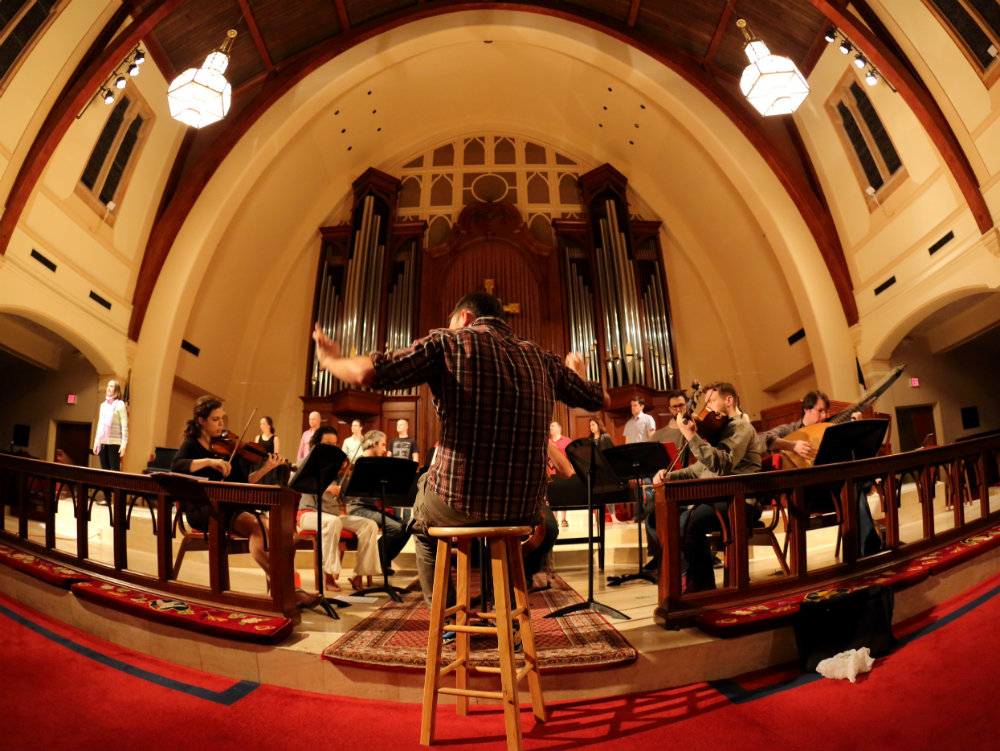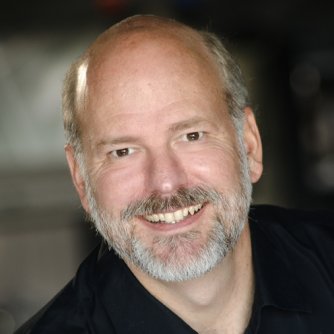

The first is your favorite choral ensemble’s notice of an upcoming concert featuring new choral works by a young American and a young Norwegian composer. Mental note: Buy tickets as soon as possible. This will be a popular concert.
The other flyer is your favorite orchestra’s notice of an upcoming concert of brand new instrumental works by a young American and a young Norwegian composer. Mental note: The house needs cleaning. And a dentist appointment sounds good.
Why are we interested in new choral music far more than we are instrumental music? (I understand this is a generality, but it is generally true.)
Choirs routinely look for and program new music and that draws audiences, but instrumental ensembles suffer at the box office when presenting new works.
In my opinion, there are a few reasons for this, with the main reason having to do with the difference between the human voice and instruments.
The human voice is a part of the body, and thus cannot easily be used in isolation from human feeling or the heart.
On the other hand, musical instruments, no matter how much of an extension of the body they may feel to the player, are indeed just that: extensions of the body.
A machine can be made to do things that the human voice cannot. Some would say that is a limitation of the human voice.
I say it is the reason why choirs have enjoyed presenting new music all this time.
When Arnold Schoenberg invented 12-tone serialism in 1921, and atonalism in a broad sense among academics became de rigueur, musical expression turned mathematical and mechanical, leaving behind the connecting concept of human feeling.
Most of the audience for western music was left scratching their heads at best, or completely repulsed at worst.
The mechanical nature of this music lends itself to performance on machines – instruments – and is limited only by the ability of the player to produce the pitches, rhythms and articulations asked for in the score. No human voice can produce the wildly nimble and mechanical lines in most of this music, and only a very few can accurately sing the atonal harmonies.
In addition, the experience of atonal music for most people is devoid of human feeling. Thus the music is completely unnatural for the human voice, which as I said before is difficult to divest from the heart or from feeling.
Choral composers, on the other hand, have always had to keep in mind the human connection to music, and that has tempered the approach they have had in writing for the human voice.
What that means is that while instrumental composers have spent the past seven or eight decades exploring the seemingly bottomless mathematical possibilities of atonalism, choral composers have spent that same time incorporating atonal techniques in their works in ways that are much more accessible to the singers and their audiences.
All of this has impacted the way general audiences feel about new music, and has a lot to do with why orchestra audiences prefer the masterworks that they know and that connect with them, while choral audiences trust that the new music they will hear will be accessible.
The trend I’m seeing, though, in instrumental composers, is to follow in the path of choral composers and explore the feelingful ways they can incorporate contemporary techniques with traditional tonalism.
As time goes by, I believe instrumental composers, and the ensembles that want to present their music, will regain the trust of the larger part of audiences.
They will get to the same place that choral composers enjoy, where their audiences can’t wait for the next new music they have to share.
David Rutherford hosts weekday afternoons from 12:30 to 4 p.m. on CPR Classical, and Sacred Classics from 6 to 10 a.m. Sundays.



